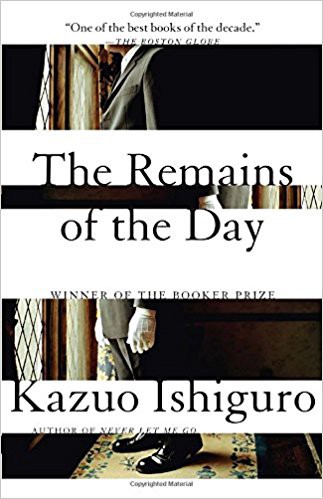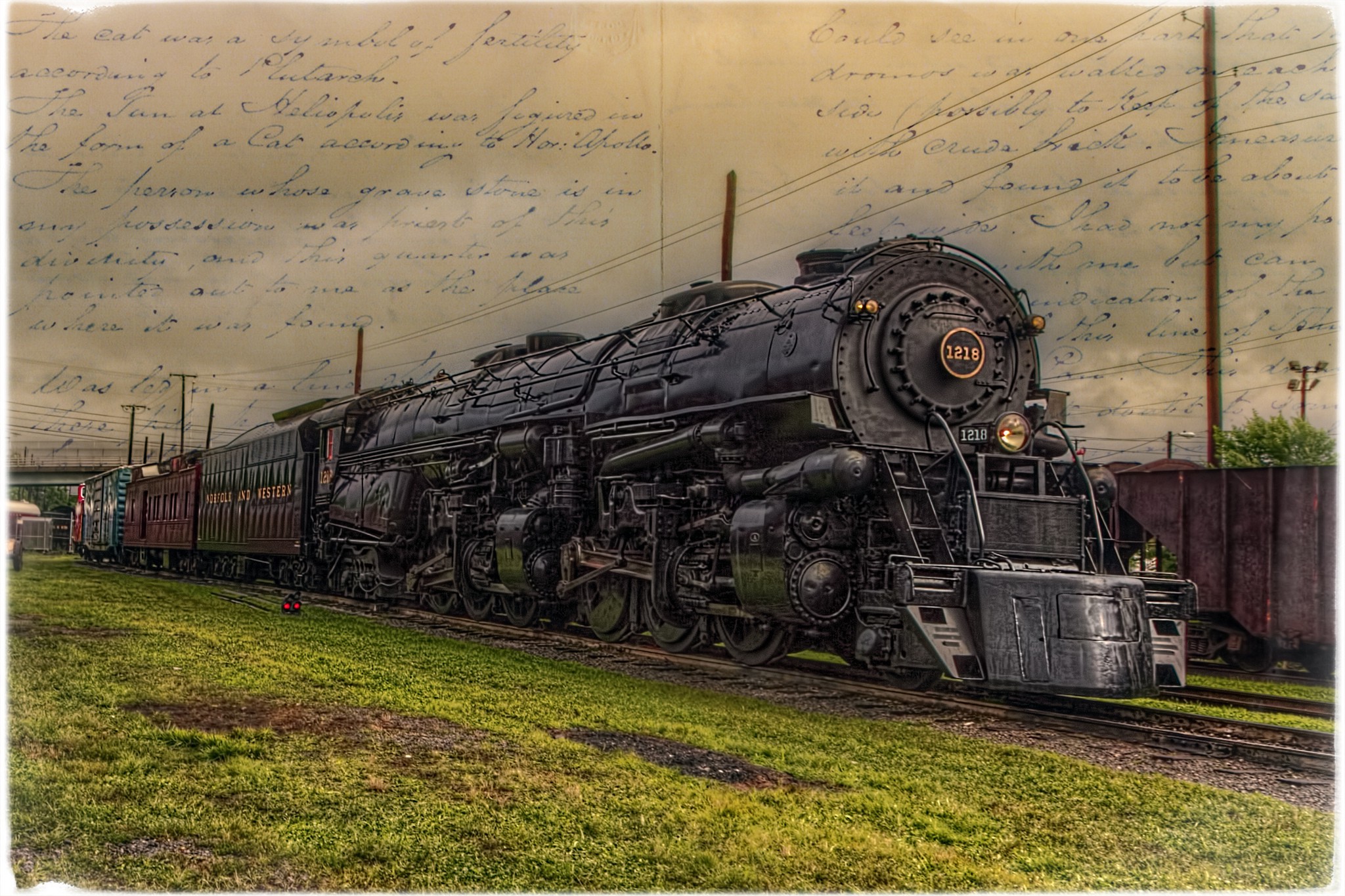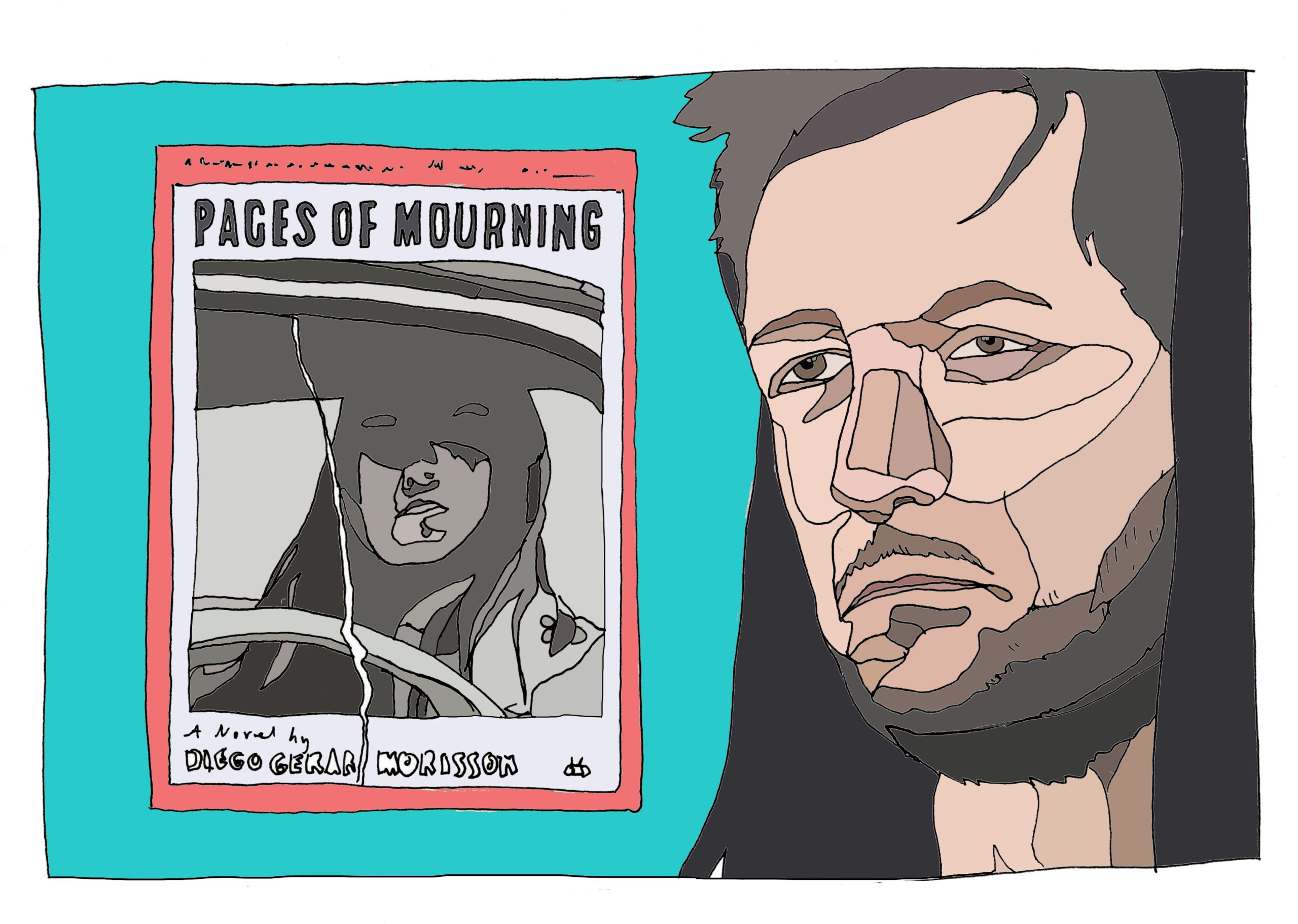Books & Culture
How “The Remains of the Day” Helped Me Understand Brexit and Trump
Hidden within Nobel winner Kazuo Ishiguro’s novel is a powerful critique of neoliberalism

At the end of Kazuo Ishiguro’s The Remains of the Day, Stevens, the former butler whose reminiscences constitute the entire plot of the novel, wonders what kind of dignity is to be salvaged from his life.
Stevens is an indelible narrator because he is in the business of convincing himself, over and over again, that his life has significance, that he is a consummate professional, a loyal butler, one of great standing. Underneath the voice lies the tremulous undercurrent of his shattered self: feelings of shame, heartbreak, worthlessness.
I’ve read this novel several times, since long before Ishiguro won the Nobel Prize: as a study in creative writing, as part of my undergrad degree program, for pleasure. When I picked it up again earlier this year, I was struck for the first time by the social critique that pervades every page of the book, going beyond (and encapsulating) discussions of class anxiety.
The novel was published in 1989, when Margaret Thatcher was in power in England. She was the leader of the Conservative Party, also known as the Tories, and made neoliberalism the philosophical heart of her agenda (as did Ronald Reagan, when he was in power). She privatized public utilities, cut rich people’s taxes, preached that the free market would solve everyone’s problems, weakened trade unions, cut social welfare programs, and generally paved the way for the neoliberal world we know today.
Neoliberalism, as a term and philosophy, was first formulated in the 1930s by a man named Friedrich Hayek. As an agenda, neoliberalism aimed — and succeeded — at remolding social reality. People ceased to be thought of as individuals with inalienable rights, vested with meaningful thoughts and feelings. Under neoliberalism, your worth is directly correlated to your salary. If you’re not useful, if you’re not making money — for someone, if not for yourself — you have no value. And money is everywhere; you just have to know how to get it, how to sell yourself, become a brand, be better than everyone else.
The Remains of the Day, I believe, looks at the state of Britain in ’89, and the neoliberal foundations set in ’37 that made such a state possible. In Stevens’s thoughts, you’re able to see the new-world philosophy in its grand début.
Stevens is, essentially, the ideal neoliberal cog. The man makes no distinction between his personal and professional life; the latter has fully taken over the former, even in the private space of his mind, for “great butlers are great by virtue of their ability to inhabit their professional role and inhabit it to the utmost.”
We are treated to true introspection only once, at the very end, when he leaves Mrs. Benton after she tells him that she likes to imagine the kind of life they would have had together. “At that moment,” he tells us, “my heart was breaking.” For the rest of the novel, we weave together the threads of Stevens’s private self only through the remarks made by other characters to him.
This lack of interiority is chilling to an observer, but Stevens himself doesn’t experience it as a loss. His sense of worth stems from his job and nothing else — so much so that he convinces himself that his greatest triumph in life was to serve Lord Darlington’s guests as his father lay dying. When Miss Kenton announces that his father has died, and that Stevens should come upstairs to see him, he delivers one of the most memorable lines in the book: “I’m very busy just now.” His performance that day displayed true loyalty and dedication to service: “[I] attained,” he says, “at least a little of that crucial quality of ‘dignity.’”
He convinces himself that his greatest triumph in life was to serve Lord Darlington’s guests as his father lay dying.
To be bound to a fine and noble house means everything to Stevens, since it means he is fine and noble, too. Look at his pathetic pride, as he prepares to embark on his driving tour of the country: “One never knows when one might be obliged to give out that one is from Darlington Hall, and it is important that one be attired at such times in a manner worthy of one’s position.”
Stevens continuously measures himself up to other butlers, past and present, in order to discern his value. He fusses over the pronouncements of The Hayes Society, an exclusive butler club that he doesn’t belong to. “What is a ‘great’ butler?” he asks himself time and time again. “I am talking of the likes of Mr. Marshall of Charleville House, or Mr. Lane […] It is not at all easy to define just what this quality is.” This greatness is intangible; an imaginary device you’ll find across all careers, built in order to sustain competition, that central neoliberal tenet. No wonder Stevens can’t define it.
Because Stevens’s sense of worth is bestowed upon him by his job, he severs himself from any kind of critical thought, introspection or commentary when it comes to his employers, and hence is divorced from a sense of morality. Take this unforgettable instance, when Stevens talks to an outraged Miss Kenton on the dismissal of Jewish staff:
Miss Kenton, let me suggest to you that you are hardly well placed to be passing judgments of such a high and mighty nature. The fact is, the world today is a very complicated and treacherous place. There are many things you and I are simply not in a position to understand concerning, say, the nature of Jewry. Whereas his lordship, I might venture, is somewhat better placed to judge what is for the best.
Stevens operates under the firm belief that it just wouldn’t do to criticize or question one’s social superiors. This mentality is catastrophic, as we all know. You’ll find it in the typical Wall Street banker, in Adolf Eichmann and his infamous defense: “I was just following orders.”
Crucially, Stevens must live by this belief. For his employer to be immoral would mean that Stevens is immoral, too. To accept Darlington’s sins, and therefore to be, in a sense, complicit in them, would be excruciating — for, unlike Lord Darlington, Stevens was made to think all his life that he had no choice in any matter, and that he would be taken care of, guided by the superior moral worth of his wealthy benefactor. He articulates this towards the end: “Lord Darlington wasn’t a bad man […] He chose a certain path in life, it proved to be a misguided one, but there, he chose it, he can say that at least. As for myself, I cannot even claim that. You see, I trusted.”
That ethics should be separated from economics is a neoliberal statement in itself, elaborated by Hayek: Economics should be “independent of any particular ethical position or normative judgments,” i.e., business is business and it’s perfectly okay to be a shark. One worries about doing a good job; one does not question whether his boss is an anti-Semite, and even when this becomes an obvious fact, one accepts it without question — because questioning is not one’s place.
Which leads us to one of the darkest sides of neoliberalism: Like his former employer, Stevens doesn’t believe in democracy. He believes his opinions don’t count: “The hard reality is, surely, that for the likes of you and me, there is little choice other than to leave our fate, ultimately, in the hands of those great gentlemen at the hub of this world who employ our services.”
Stevens doesn’t arrive at this “truth” from first principles. He is made to feel this way by Darlington and his cohort. There’s an infamous moment when Mr. Spencer sadistically questions Stevens in order to prove a point, and amuse his friends: “We need your help on a certain matter we’ve been debating. Tell me, do you suppose the debt situation regarding America is a is a significant factor in the present low levels of trade?” Other questions on economics follow; to each, Stevens unfailingly replies “I’m very sorry, sir, but I am unable to be of assistance on this matter,” for, he says, “It was clearly expected that I be baffled by the question.” He dutifully plays his part, to their amusement.
Like his former employer, Stevens doesn’t believe in democracy.
Darlington later apologies for Spencer’s behavior, and adds: “Democracy is something for a bygone era. The world’s far too complicated a place for universal suffrage and the like.” Of course he’d think that: Lord Darlington, and all the Darlingtons to follow, seek the extinction of democracy in order to escape any form of accountability. You can see them in the Koch brothers today—above environmental taxes, above everything and everyone.
Neoliberalism, by the way, was essentially formulated to prevent fascism. Of course, if you tell people that their thoughts and feelings are useless and do not merit any consideration, and that worthy thoughts only belong to an elite possessing market power — what do you expect will happen?
Now you’re probably thinking, Wait. If Stevens is supposed to be an exemplar of the neoliberal attitude to come, why doesn’t he try to get ahead? Why does he not seek to climb the social ladder, beyond his services as a butler?
And here we come to the incredibly painful crux in Stevens’s situation. Like the Republicans, the Tories are committed to preserving what they believe are “traditional” cultural values and institutions. When Thatcher was presented with Hayek’s ideas, she gleefully embraced them and said that she would blend them with Victorian values. It wasn’t a novel notion. Thatcher, in effect, just reinforced an existing mood present since the end of the war: She capitalized on theBritish class malaise that is showcased in the book.
The volatile paradox of Thatcherism would have been clear to everyone living in Britain in the ’80s. The party upheld Glorious Tradition: family values, hard work, stability, working one’s way up the ladder. Tory Members of Parliament represented the aspirations of many people: old money, status, power, a page in Debrett’s Guide to the Peerage.
Their policies resulted in the opposite, most of the time: Deregulation killed the distinction between bankers and speculators, resulting in a highly unpredictable economy. Hard work? Think mass unemployment. Stability? More like a boom and bust economy. And of course, there were the sex scandals (sound familiar?). But here’s the thing — they never stopped promoting their traditional values. They lived above these beliefs, and yet professed that these were the backbone of English society.
Stevens is caught in a perverse schism: He desperately wants to be perceived by other people as a gentleman. When the village people he meets take him for a lord, he doesn’t correct them. He is deeply unsettled when some of these people see through him — for instance, when a chauffeur tells him “Couldn’t make you out for a while, see, ’cause you talk almost like a gentleman.” “Almost,” always.
At the same time, Stevens is deeply invested in the false, essentialist mythology of his position: the belief that he is part of a great tradition. As this is the only thing that gives him his self-worth, he fervently clings to it just as much as he wants to (unconsciously) escape it. He is thoroughly indoctrinated by Conservative, English class rules: a reverence that’s practically an institution.
Stevens is deeply invested in the false, essentialist mythology of his position: the belief that he is part of a great tradition.
He is the pre-echo of the Thatcherite paradox, suffering from an irreconcilable rupture within himself. He knows he’s being played, a small cog in the greater machine of things, and comforts himself in the mythology of The Great English Tradition.
I have no doubt that Ishiguro perceived all of this in the late ’80s, and continues to see it today. Perhaps we can find his words in the socialist doctor Stevens meets, who is exhausted and aghast at the fact that “people want to be left alone to lead their quiet little lives,” believing they have no right to participate in the country’s major decisions, that great rich men at the top will take care of everything.
Reading this novel after the Brexit vote, after “President Trump” became reality, is incredible. I used to consider Stevens from a literary perspective, analyzing him for style, for technique — character construction, voice, double-speak, unreliable narrator, all of that. Today, Stevens gives me pause.
I could see him, in the middle-aged white men openly talking about English cultural supremacy, English pride in June 2016 — “we call this land of ours Great Britain,” Stevens says early on in the novel. The same men harp on about how this generation’s worthless, how everyone is “depressed”: These twenty-somethings, they don’t work hard enough. We didn’t have time to think about our problems, we concentrated on greater things.
After Brexit, after Trump, I saw Stevens everywhere. I don’t usually take a character out of its context, but there must be something, I thought, that would make such a connection so vivid to me. Reading The Remains of the Day this time demanded that I delve into England’s cultural and economic history; the novel was a blueprint of sorts, and helped me understand the times we live in.
After Brexit, after Trump, I saw Stevens everywhere.
The connection was neoliberalism. Stevens in ’36 set the stage for the multitudinous Stevenses in ’89, the staunch Tory supporters Ishiguro would no doubt have encountered. Part of Brexit, I believe, lay in the fact that the neoliberal Tory schism (or Thatcherite Paradox) was exacerbated to the point of rupture. Disenfranchised, disempowered, the Stevens of 2016 and today clings to whatever mythical old-world comfort is to be found: his sense of English superiority; his racist, imperial ideas; his Tradition.
But it’s not just Brexiteers and Trump supporters. Stevens’s character traits could apply to just about all of us, no matter where we lie on the political spectrum. Neoliberalism is the all-pervasive credo of the world today: It’s there when we’re competing for Instagram likes, or thinking about the ways we can (further) monetize our lives (look at the way we talk about our personal “brands” now, with just a hint of irony). It’s there when we check our friends’ Facebook profiles, wondering what they’re doing, what we’re missing out, losing out on. When we worry about never being good enough, never maximizing our potential. When we feel ashamed of our debts, of our non-gilded, non-fabulous, non-exciting lives. When we feel that we can’t change the system — so much so that we don’t go out and vote.
When the Nobel Prize committee says that Ishiguro has produced novels that “[have] uncovered the abyss beneath our illusory sense of connection with the world,” I think I understand a little what they mean.









